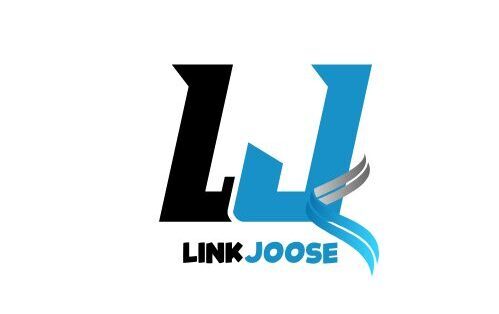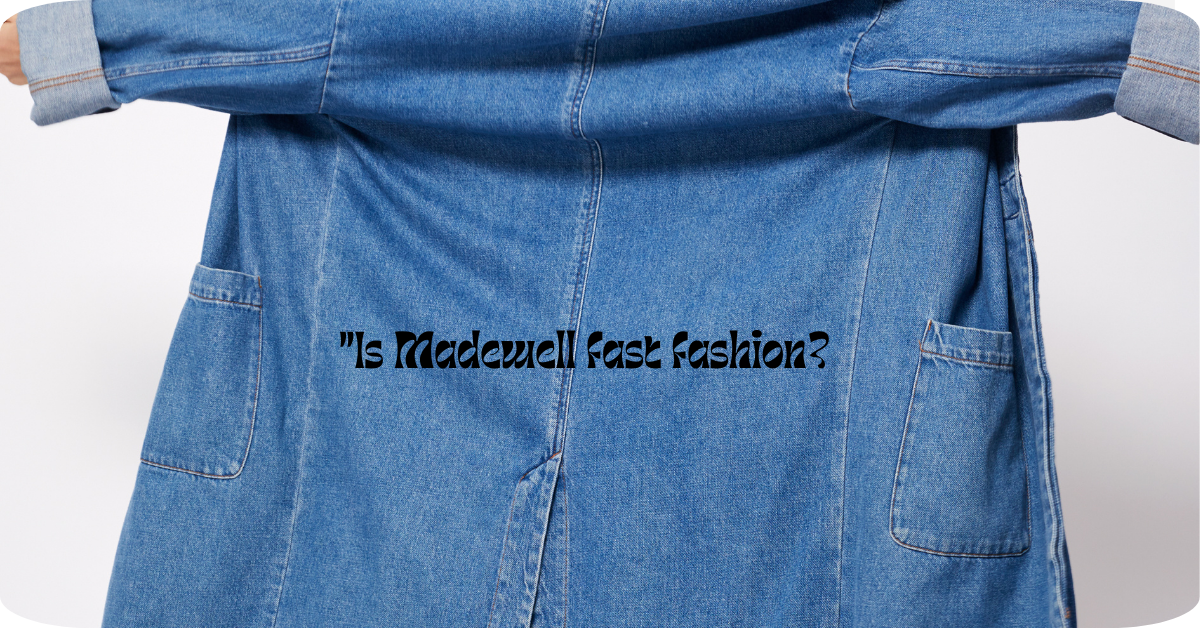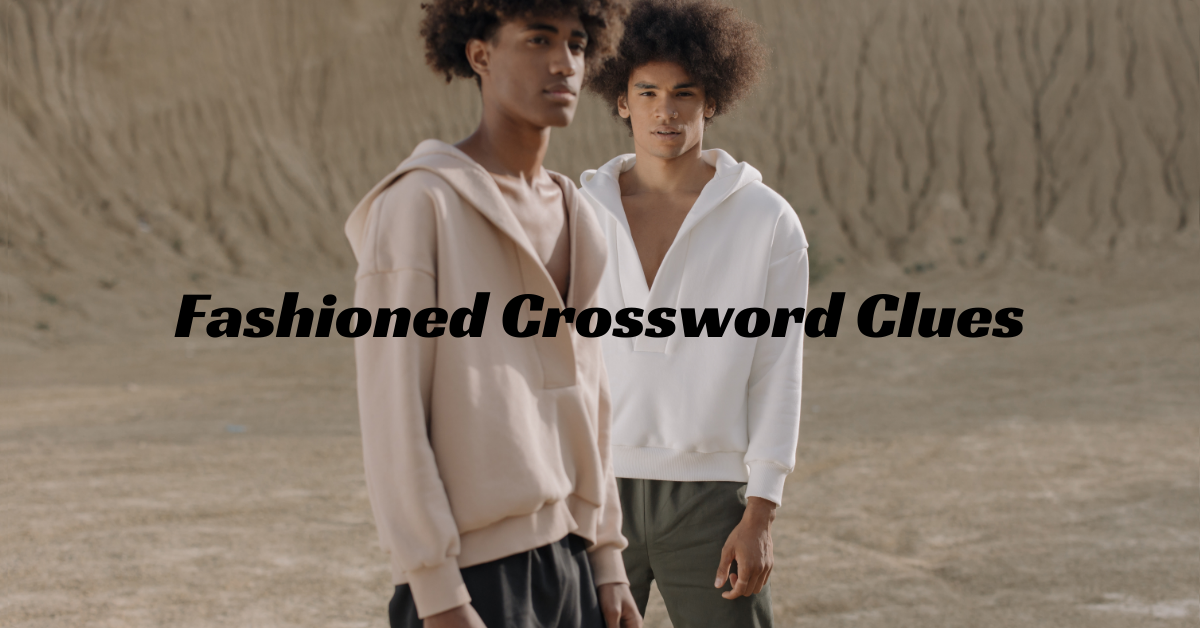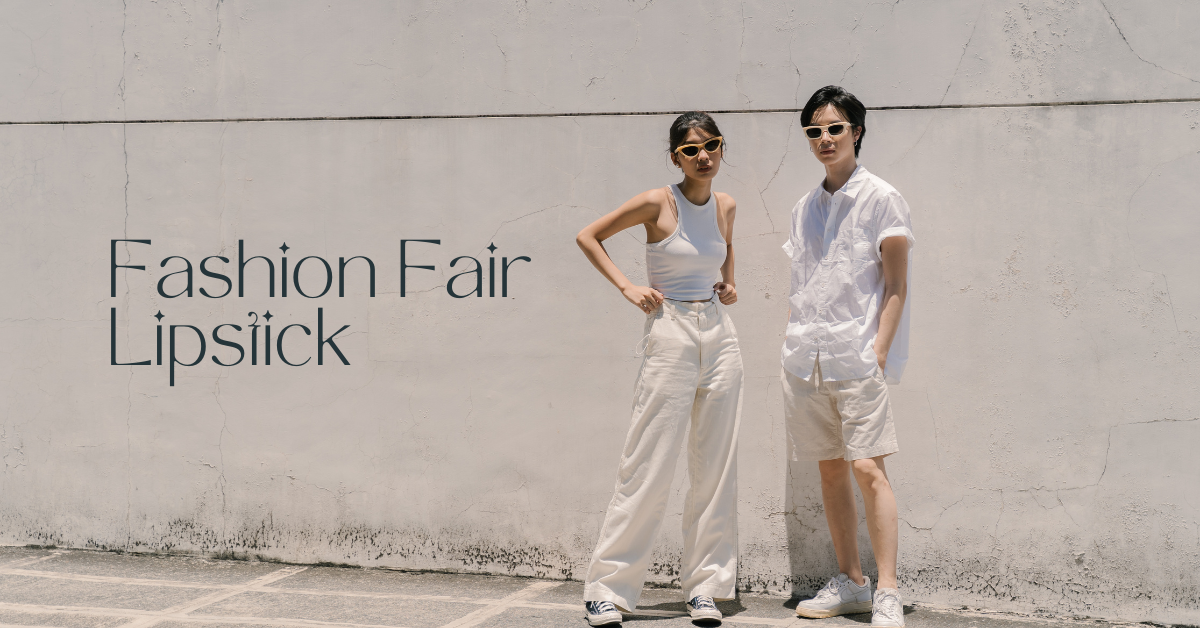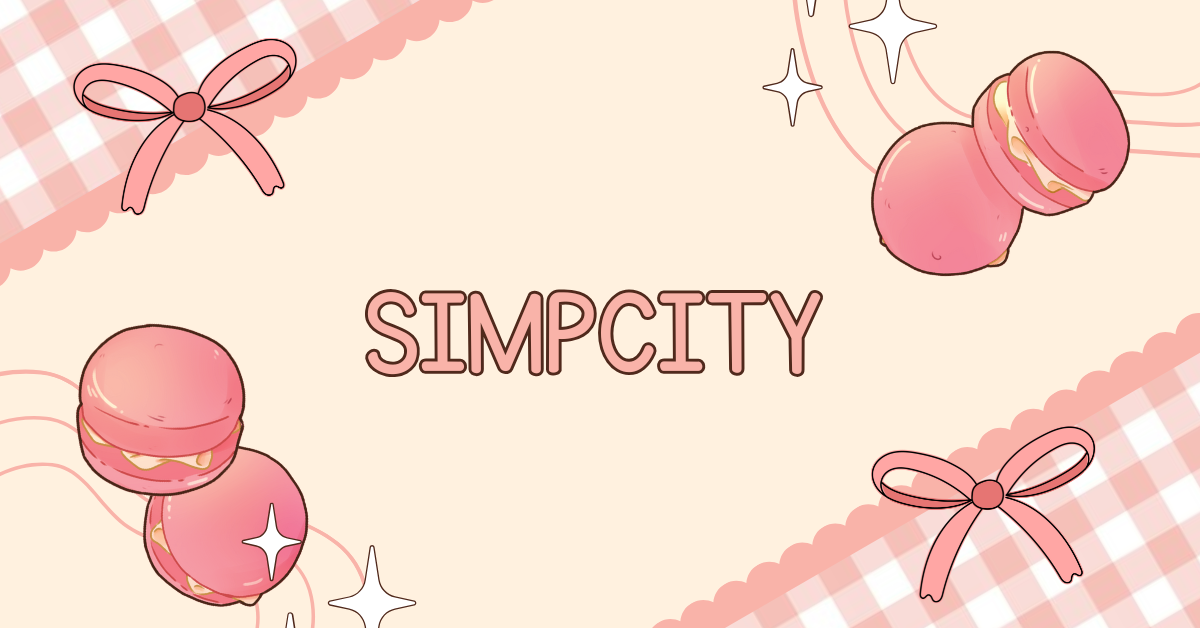Introduction:
Is Madewell Fast Fashion?
The fashion industry is fast-paced and highly influential throughout the world but holds one of the harshest reputations. Fast fashion has brought the industry under the greatest scrutiny for environmental degradation, exploitative labor practices, and overconsumption culture. This has prompted an increasing number of consumers to adopt values concerning what they buy, especially placing increased importance on sustainability and ethical production over cheap, throwaway clothing. Madewell surfaces in this discussion among many others. The brand is known for its chic, timeless designs and quality denim yet markets itself as a more conscious alternative to that fast-fashion label. The question may be posed- is Madewell fast fashion truly a sustainable and ethical brand or just another fast-fashion label? This is answered by examining Madewell’s history, business model, sustainability initiatives, labor policies, and global influence on the fashion scene.
Understanding Fast Fashion: The Context
Before one can make a decision on whether Is Madewell fast fashion or not, one needs to know what fast fashion is. Fast fashion is the process of modeling inexpensive, trendy clothing quickly so that it can move from the runway to the retail store. It is these very features of speed and low cost that typify such brands as Zara, H&M, and Shein as the typical representatives of fast fashion. Their business models sacrifice quality, sustainability, and ethical labor practices for budget and quick turnarounds.
The model of fast fashion is based on a constant flow of nanosecond collections; for certain brands, new articles have already been collected every two weeks. The relentless pace encourages buying more and leads to overconsumption and a culture of disposability. The environmental impacts of fast fashion are nothing short of staggering-it’s responsible for about 10% of the world’s carbon emissions and 20% of the world’s wastewater, as well as a huge amount of textile waste. Additionally, the low price of is madewell fast fashion is often enabled through inhuman practices, with workers in developing countries receiving wages barely above the poverty line and working in unsafe environments.
Given all this, it becomes clear that determining whether is Madewell fast fashion is a much more layered inquiry than simply inquiring into its business model; environmental as well as ethical practices also come into play. Let’s take a closer look at Madewell to find out just how well it measures up.
Madewell: A Short Profile
Madewell was established in 2006 as a division of the J.Crew Group, seeking to become an edgy yet moderate denim line with a fresh take on classical style and high-craftsmanship quality. The laid-back styles, premium denim, and versatile essentials of Madewell endeared it to many loyal supporters. In time, the collection expanded from clothing to accessories, footwear, and outerwear, but denim remains the heart and soul of the brand.
Is Madewell fast fashion marketing underscores quality, sustainability, and an ethical attitude toward sourcing. The company is consciously pitched as an alternative to fast fashion; it draws the conscience of a consumer in search of fashionable and enduring pieces without the guilt that comes along with the stereotypical fast fashion brands. But then again, how genuine is that positioning? Or is it merely a marketing gimmick?
A detailed look at Madewell’s actual business model, production practices, and sustainability initiatives seems warranted to provide an answer.
Madewell’s Business Model: The Fast Fashion Exam?
One of the critical workings of fast fashion is a quick turnaround with new collections introduced in-store every other week to follow hot trends. Is Madewell fast fashion, on the other hand, shows a much calmer retail schedule working with a seasonal schedule, bringing in new arrivals. Thus, this slower procedure gives Madewell time to put emphasis on high-quality, durable things, which are meant to stay a bit longer instead of clothing that is cheap and meant to be disposable.
Pricing also sets Madewell apart from fast fashion brands; more like middle-price range, higher than the
is madewell fast fashion brands but lower than high-end lines. Jeans from Madewell usually sell for around
100−
100−150. Comparatively, jeans from popular fast fashion brands sell within the range of
20−
20−50. Higher costs are a reflection of their quality and sustainable production practices as well as materials and labor.
That being said,Is Madewell Fast Fashion does have quite a bit of sales and promotion going on from season to season, thus allowing many consumers the chance to purchase. Although this is common practice in the retail market, it does breed questions about whether Madewell is being fast fashion-ish with this overt promotion and thus feeding overconsumption.
Going Green: What Efforts are Made by Madewell towards Sustainability?
For example, it is evident that the sustainability programs are really noticeable by setting the brands in Madewell different from the usual fast-fashion brand. Some programs are being instituted to reduce any negative footprint by the brand to encourage a more circular fashion economy. The study now then goes on to elaborate each feature into specific detail:
1. Recycling Program for Denim
Another of Is Madewell Fast Fashion more prominent and well-known sustainability programs is “Do Well,” aimed at recycling denim worn by customers. It asks customers to bring in their old jeans (regardless of how they were purchased) and recycle them in exchange for getting a discount on a new pair of Madewell jeans. All used jeans are then repurposed into insulation for homes through a partnership with Blue Jeans Go Green. Millions of pairs of jeans have been recycled and have diverted monumental amounts of textile waste from landfills in the history of this program.
2.Sustainable Material
The company has incorporated organic cotton, recycled cotton, and Tencel lyocell into many of its products. While sustainably produced, organic cotton farming has no synthetic pesticides or fertilizers and is regarded as less harmful to the environment and health of farmers than conventional cotton farming. Recycled cotton is obtained from cotton wastes that have been classified either as industrial or post-consumer, thus conserving the virgin materials in the process of making recycled cotton.As biodegradable fiber, Tencel lyocell is produced with material obtained from sustainably sourced wood pulp. It is one of the softest fibers made and has one of the lowest environmental impacts.
These materials all added to the fact that Is Madewell fast fashion released a line of jeans produced using Fair Trade Certified cotton. The use of this certification also means that the farmers and workers working in production processes are paid fair wages and have good working conditions. However, it should also be noted that this is a very small portion of the overall Madewell offerings.
3. Transparency and Ethical Production
Is Madewell Fast fashion offers transparency into its supply chain. The company has created a list of Tier 1 factories, which is the site that cuts and sews their garments. By making this information public, Madewell makes the consumer make informed decisions on the product they buy.
Additionally,Is Madewell fast fashion is a member of the Fair Labor Association (FLA), which seeks to improve working conditions in the global apparel industry. By virtue of being a member of FLA, Madewell is subject to auditing on FLA labor standards into the near future- of their workplaces. This step is laudable; however, a section of critics argue that FLA standards are not strong enough and more can be done to reach fair wages and safe living and working environments for garment workers.
Ethical Pros and Cons
Is Madewell Fast Fashion may be making great strides in terms of sustainable practice, but it is crucial to their ethical implications.One area where they have been widely criticized concerns the use of leather in certain items, especially leather bags. The leather production process is fraught with serious environmental problems and ethical concerns, including deforestation, water pollution, and issues regarding animal welfare.
These included introducing a segment of vegan leather bags using recycled spouted materials in addressing the issue. However, this still doesn’t deter the hundreds of leather products from the brand, raising questions about the ethical commitment of Madewell to ethical fashion. This may be a shift towards eco-conscious practice, but Madewell’s vegan leather bags use synthetics, which inheritance pose other environmental problems.
Another ethical consideration is the size and inclusivity of Madewell.It has widened up to some extent in terms of size ranges in recent years but still does not capture the complete gamut. This has also been a nagging item for many within the fashion industry, much less so for a brand that is trying to position itself as ethical and inclusive.
From the angle of fast fashion, Madewell has its shortcomings. The comparison would help to analyze Is Madewell fast fashion against the fast fashion brands such as Zara, H&M, and Forever 21.
1. Speed of Production:
Usually, the is Madewell fast fashion brands roll out their newly designed collections every two-three weeks. This is, however, a much more “traditional” retail schedule for Madewell-stewarding new arrivals once a season. The slow production cycle is indeed given space to emphasize quality rather than speed or quantity.
2. Price Point
Fast fashion prices are generally low, as Made by cost-cutting in quality and labor. Madewell, on the other hand, offers premium items as the brand is into quality, sustainable, and ethical production.
3. Sustainability and Ethics
Is Madewell Fast fashion brands are not really appreciated on matters in their environmental and ethical practices. On the other hand, Madewell has tried a lot to shrink the footprint along with the promotion of ethical practices. The denim recycling program, sustainable materials used, and countless other efforts set Madewell apart from the typical fast fashion brand.
Consumer Perception: What Do Shoppers Think?
Is Madewell fast fashion has very much appealed to a lot of people by trying to present itself as a sustainable and ethical brand. The brand has a stellar reputation for quality and durability, and its transparent and sustainable morality has granted it some loyal customers. Nevertheless, some detractors say that the higher price point and narrow size range of Madewell basically excluded some consumers from getting their products.
While Madewell is doing well by calling itself sustainable, some say that there is still much more Madewell could do to respond to the reality of the fashion industry’s environmental and ethical challenges. For example, Is Madewell fast fashion could use more sustainable materials, create further size inclusivity, and reduce the use of leather.
Conclusion:
Is Madewell Fast Fashion?
When analyzed on its business model, sustainability, and ethicality fronts, one thing becomes quite obvious: the brand does not fall clearly or completely under the fast fashion category. For example, the designs are typically extremely trendy by fast fashion standards, and the prices are very much accessible; yet, the quality, sustainability, and ethics grounds separate Is Madewell fast fashion from fast fashion brands.
While indeed, Madewell’s slower cycle of production and higher price, coupled with sustainability initiatives set it apart from conventional fast fashion brands, it is certainly not devoid of challenges in the area of leather use and size inclusivity. Challenges will, however, address themselves with the evolution of the fashionable society. Innovative solutions will also be required from time to time, thus maintaining and engraving Madewell’s reputation as a sustainable and ethical brand.
In conclusion, if Is Madewell fast fashion, it cannot be said to be totally free of the ills found in the fashion industry itself. It is, therefore, important for consumers to stay informed so as to hold brands accountable in their practices. Supporting brands like Madewell that advocate sustainability and ethics in the fashion industry can help shape a positive direction for change in the industry and bring it closer to a sustainable future.
Final Thoughts:
The Future of Madewell and Sustainable Fashion
Sustainable fashion and whether or not Madewell is one of them is merely one aspect of a far larger discussion dealing with the future of our dying industry. Given that consumers are becoming more aware of the environmental and ethical implications involved in their clothing, brands like Madewell have the unique opportunity to further this cause and establish a sustainable and just fashion alternative.
This, however, requires constant work and innovation. Madewell still needs to improve upon its sustainability programs and labor practices while addressing issues surrounding size, inclusivity and animal-derived materials. The other half of this equation is that consumers, in turn, have to keep asking for transparency and accountability from brands they support.
In the end, this entire facade of instant fashion is to be taken down and substituted with a rather sustainable ethical and inclusive one. Madewell is to play a crucial part in this transformation, while it takes a united front from consumers, brands, and policymakers to put this theory into practical change.
